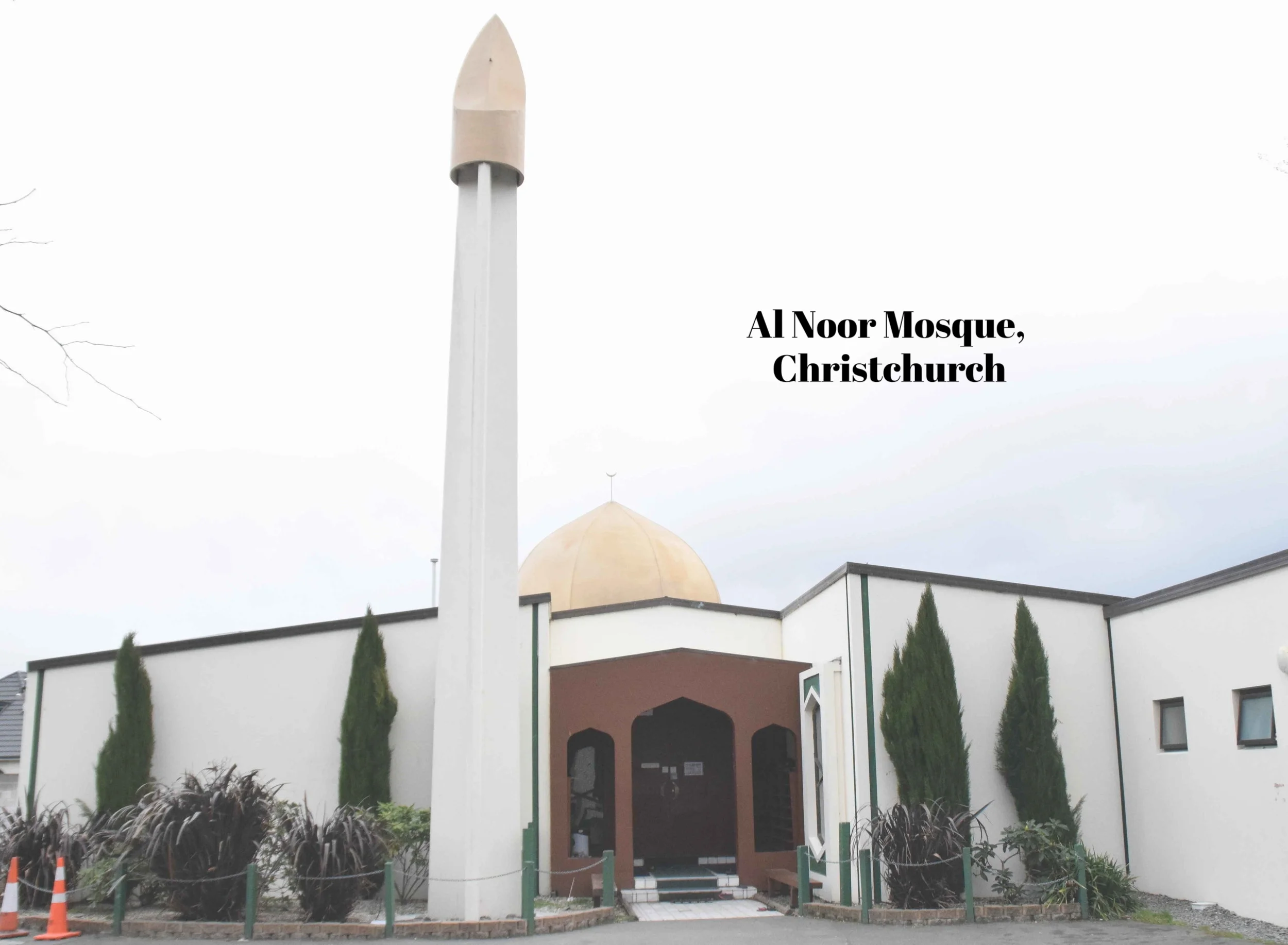Festival: After this year's success, Lyttleton Summerfest may become an annual tradition
(caption for the above picture: At one of the workshops during the event; picture courtesy: Project Lyttelton/ Jill Larking)
The Lyttleton Summer festival went through the course of the February month and the first week and a half of March. In all, there were ten events that celebrated the artistic and diverse culture that Lyttleton had to offer. The festival took over half a year to organise.
Interestingly, the event was organised through the Lyttleton Time Bank, which is used by the community to trade their skills, instead of dollars. Also, time credits are used as payments. One of the event organisers Jill larking said, “It was great we could use the time bank because that meant we got community involvement and feedback through their members.”
Larking added that the stand out event of the month-long-festival was the Creative Sampler event. “It was really a warm fuzzy kind of event.”
During this, over 20 different workshops were held involving activities such as beading, sewing, sketching, clowning, cake decorating, crotchet, creative writing skills and performance. “It was awesome to see a whole range of people get out there and test a whole variety of skills that they may not have had the opportunity to do before.”
People from across age groups participated in the event, which was a surprise as organisers had anticipated participation from older age groups only.
Larking also mentioned that the major issue of running such a long festival with so many different events is finding funding, which “is a problem in Christchurch with the ongoing rebuild”. “But the community behind the festival was so passionate about making it happen that we somehow managed.”
Community inclusion and participation was a major theme for the Lyttleton Summer Festival. The turnout for the entire event was more than expected and the organisers said they thought the festival fitted the theme well. “People needed a few weekends where they could relax and do something a bit different instead of sitting around at home and I think we managed to create something to fit that void,” she added.
“We had some great feedback; people were even asking if we could keep some of the workshops going for weekends throughout the year. We’ll definitely make sure the event happens again,” she concluded.



